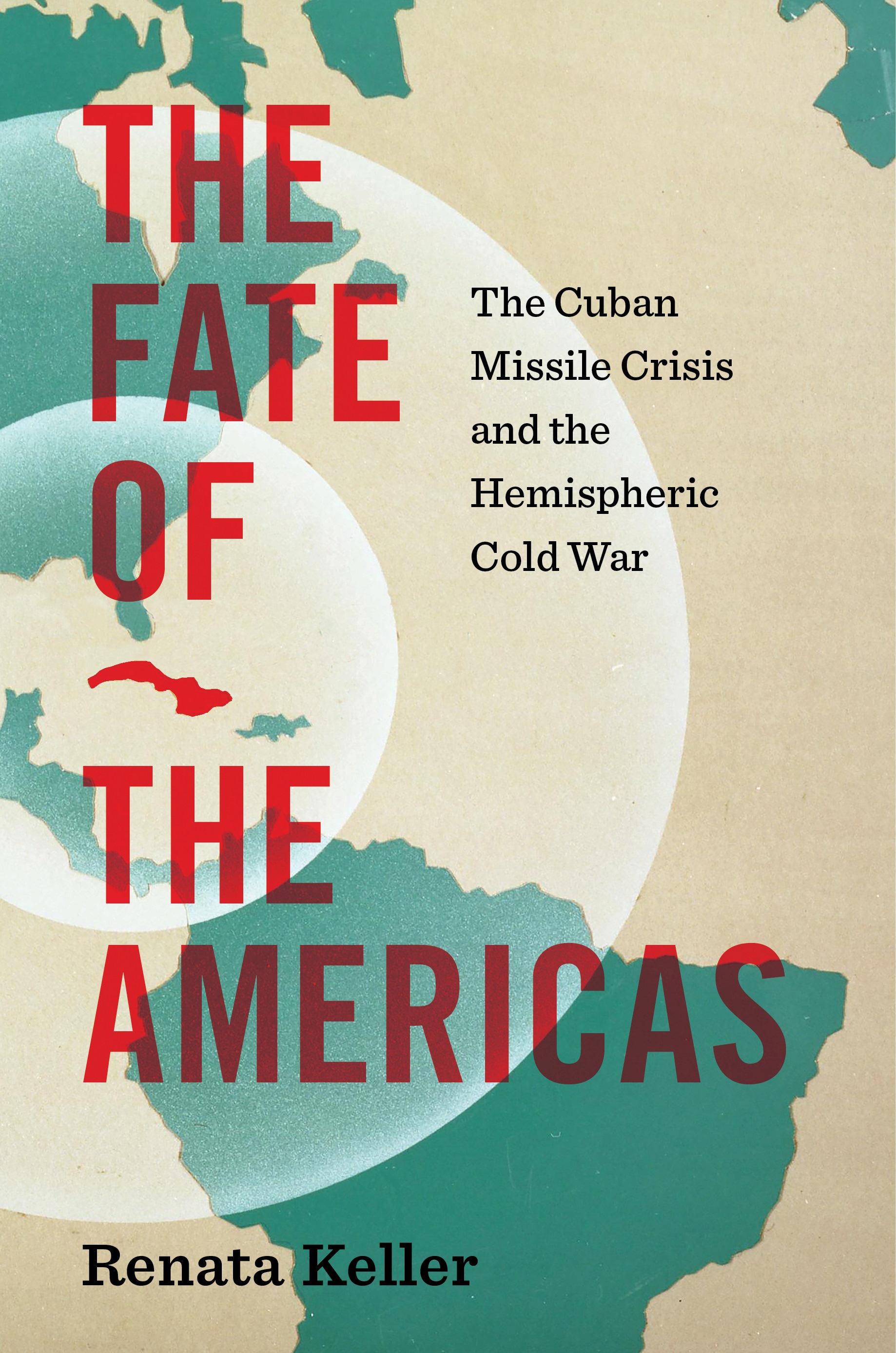The Department of International History hosts numerous lectures, roundtables, debates and workshops by our academics, visiting academics and others. Members of the Department are also involved in a series of events around LSE.
Below is a list of these events by chronological order. Our events are usually free and open to all with exceptions duly noted. Please note that pre-registration for events is usually required.
We make video and audio recordings available whenever possible.
From time to time there are changes to event details so we strongly recommend that you check the listing on the day of the event.

Tuesday, 2 June 2026 (6pm - 7.30pm)
'The Fate of the Americas: The Cuban Missile Crisis and the Hemispheric Cold War', with Dr Renata Keller
Venue: MAR.2.04, Marshall Building, LSE
Chair: Dr Tanya Harmer
Despite twenty-first-century fears of nuclear conflagrations with North Korea, Russia, and Iran, the Cuban Missile Crisis is the closest the United States has come to nuclear war. That history has largely been a bilateral narrative of the US-USSR struggle for postwar domination, with Cuba as the central staging ground—a standard account that obscures the shock waves that reverberated throughout Latin America.
Drawing on sources from across the hemisphere, this first hemispheric examination of the Cuban Missile Crisis shows how leaders and ordinary citizens throughout the region caused, participated in, and were profoundly affected by the Cuban Missile Crisis.
Please join us to hear Dr Renata Keller discuss her new book on the subject and to answer any questions you may have.
Full event details and registration coming soon!
Thursday, 26 March 2026 (6.30pm - 8pm)
Venue: MAR.1.08, Marshall Building, LSE (and online)
Chair: Prof Kristina Spohr (Deputy Head of Department)
The Department welcomes Prof Beatrice Heuser to deliver the Annual Lecture 2025-26.
The USA withdrew into isolation from the “old world” after ridding itself of British rule. Only in the “Cold War” did it commit to the defence of Europe. Is the US returning to a state of normality by disengaging?
Full event details and registration HERE
Tuesday, 24 March (6pm - 8.30pm)
Venue: Sumeet Valrani Lecture Theatre, Centre Building (CBG), LSE
Chair: Dr Tanya Harmer
Film screening of Una y mil veces and Q&A with its director Ernesto Fontan. The film is about fifty-two Uruguayan political exiles, and is a moving account of the motivations for participating in seeming distant political and social struggles.
Full event details and registration HERE
Monday, 23 March (4pm - 6pm)
Venue: CKK.2.06, Cheng Kin Ku Buildling, LSE
Chair: Dr David Motadel
Join Sven Beckert (Harvard) and Alessandro Stanziani (EHESS) to discuss their new books on the global history capitalism: ‘Capitalism: A Global History’ and ‘Earth Capital: The Long History of Capitalism’.
Full event details and registration HERE